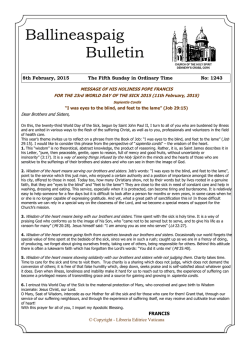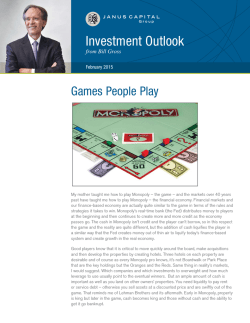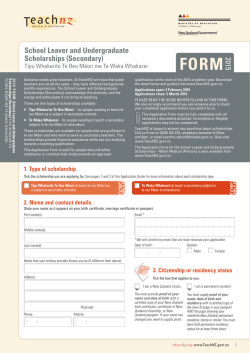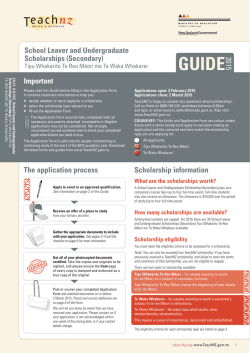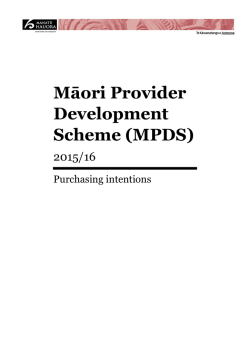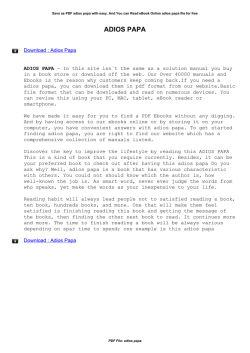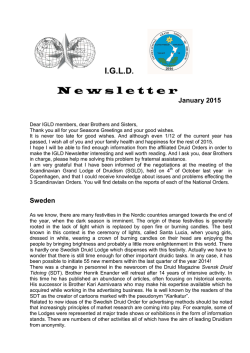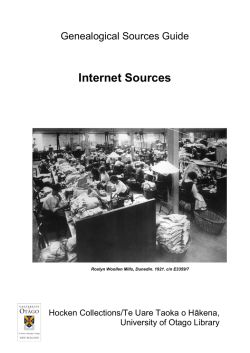
ﺗوﻣﺎﺗوﻧﻐﺎ - www.BahaiStudies.net
توماتونغا و"تانا ماهاتا" إله الغابات وكل ما يعيش، و"رونجو ماتان" إله الخصب والنماء، و"هوماي تكي تكي" إله الطعام الذي يمنحه للبشر،يها ." وأخيرا "توماتونغا" إله الحرب والغزوات،فيها http://www.alwasatnews.com/mobile/news-448129.html Translation: Where, and "Humai adapt adapt" the God who gives him food for humans, and "Runju Matan" the god of fertility and thrive, and "Tana Mahata" god of the forest and all that live, and finally "Tomatunga" the god of war and invasions. " https://translate.google.com/#auto/en/%D9%81%D9%8A%D9%87%D8%A7%D8%8C%20%D9%88%22% D9%87%D9%88%D9%85%D8%A7%D9%8A%20%D8%AA%D9%83%D9%8A%20%D8%AA%D9%83%D9%8A %22%20%D8%A5%D9%84%D9%87%20%D8%A7%D9%84%D8%B7%D8%B9%D8%A7%D9%85%20%D8%A 7%D9%84%D8%B0%D9%8A%20%D9%8A%D9%85%D9%86%D8%AD%D9%87%20%D9%84%D9%84%D8% A8%D8%B4%D8%B1%D8%8C%20%D9%88%22%D8%B1%D9%88%D9%86%D8%AC%D9%88%20%D9%85 %D8%A7%D8%AA%D8%A7%D9%86%22%20%D8%A5%D9%84%D9%87%20%D8%A7%D9%84%D8%AE% D8%B5%D8%A8%20%D9%88%D8%A7%D9%84%D9%86%D9%85%D8%A7%D8%A1%D8%8C%20%D9%88 %22%D8%AA%D8%A7%D9%86%D8%A7%20%D9%85%D8%A7%D9%87%D8%A7%D8%AA%D8%A7%22% 20%D8%A5%D9%84%D9%87%20%D8%A7%D9%84%D8%BA%D8%A7%D8%A8%D8%A7%D8%AA%20%D 9%88%D9%83%D9%84%20%D9%85%D8%A7%20%D9%8A%D8%B9%D9%8A%D8%B4%20%D9%81%D9% 8A%D9%87%D8%A7%D8%8C%20%D9%88%D8%A3%D8%AE%D9%8A%D8%B1%D8%A7%20%22%D8%AA %D9%88%D9%85%D8%A7%D8%AA%D9%88%D9%86%D8%BA%D8%A7%22%20%D8%A5%D9%84%D9% 87%20%D8%A7%D9%84%D8%AD%D8%B1%D8%A8%20%D9%88%D8%A7%D9%84%D8%BA%D8%B2%D9 %88%D8%A7%D8%AA%22. توماتائِنگا https://m2.facebook.com/AncientGodsPage/photos/a.176188799205628.1073741831.145245 782299930/206809226143585/?type=1 https://translate.google.com/#auto/en/T%C5%AB Tūmatauenga Although Rangi and Papa were not human in form, Tūmatauenga and his brothers were. Humankind - the descendants of Tū - increased upon the earth, until the generation of Māui and his brothers (Grey 1956:8-11, Tregear 1891:540). Tūmatauenga’s actions provide a pattern for human activities. Because Tūmatauenga defeated his brothers, people can now, if they perform the appropriate rituals, kill and eat birds (the children of Tāne), fish (the children of Tangaroa), cultivate and harvest food plants (the children of Rongo and Haumia-tiketike), and generally harness the resources of the natural world. Tūmatauenga is also the originator of warfare, and people make war now because Tūmatauenga provided the example. When rituals were performed over warriors before a battle, or when an infant was dedicated to a future role as a fighter, Tūmatauenga was invoked as the source of their duty. The body of the first warrior to fall in a battle was often offered up to Tūmatauenga. While Tūmatauenga is the origin of war, powerful local deities such as Kahukura, Maru or Uenuku were also called upon in time of war (Orbell 1998:185186). 1 Names and epithets After his victories over his brothers, Tūmatauenga or Tū assumed many names, one name for each of the characteristics he displayed in his victories over his brothers (Grey 1956:9), including: A human face depicted in a house carving. Tūmatauenga, god of war, is the ancestor of humankind In Māori mythology, Tū or Tūmatauenga (Māori: 'Tū of the angry face') is one of the great gods, the origin of War and Balance. All war-parties were dedicated to him, and he was treated with the greatest respect and awe. He is usually a son of the primordial parent, sky and earth (see Rangi and Papa). In a Te Arawa version, Tūmatauenga advises his brothers to kill their parents Rangi and Papa in order to allow light and space into the world, but the kinder proposal of Tāne is accepted and instead the primordial pair are forced apart. Tūmatauenga thinks about the actions of Tāne in separating their parents, and makes snares to catch the birds, the children of Tāne, who can no longer fly free. He then makes nets, and traps the children of Tangaroa. He makes hoes to dig the ground, capturing his brothers Rongo and Haumia-tiketike, heaping them into baskets to be eaten. The only brother that Tūmatauenga cannot subdue completely is Tāwhirimātea, whose storms and hurricanes attack humankind to this day because of his indignation at the actions of his brothers (Grey 1971:7-10). • Tū-ka-riri (Tū the angry) • Tū-ka-nguha (Tū the fierce fighter) • Tū-kai-taua (Tū the destroyer of armies) • Tū-whakaheke-tangata (Tū the demoter of personages) • Tū-mata-whāiti (Tū the cunning) • Tū-mata-uenga (Tū of the angry face) 2 See also • Kū, Hawaiian war deity. • Maru, South Island war deity (little known) • New Zealand Army, known in Māori as Ngāti Tūmatauenga (“tribe of Tūmatauenga”) 1 2 3 3 References • G. Grey, Polynesian Mythology, Illustrated edition, reprinted 1976. (Whitcombe and Tombs: Christchurch), 1956. • M. Orbell, The Concise Encyclopedia of Māori Myth and Legend (Canterbury University Press: Christchurch), 1998. • E.R. Tregear, Maori-Polynesian Comparative Dictionary (Lyon and Blair: Lambton Quay), 1891. REFERENCES 3 4 Text and image sources, contributors, and licenses 4.1 Text • Tūmatauenga Source: http://en.wikipedia.org/wiki/T%C5%ABmatauenga?oldid=628275449 Contributors: Ixfd64, TUF-KAT, TUFKAT, Gtrmp, Everyking, Gadfium, Gachet, Rich Farmbrough, Marudubshinki, Yamamoto Ichiro, Lcmortensen, Kahuroa, Special-T, Anatopism, Bookgrrl, Catgut, Gabrieli, Sanya3, ClueBot, PixelBot, Addbot, Переход Артур, Gospodar svemira, EmausBot, ChrisGualtieri and Anonymous: 14 4.2 Images • File:Maori_Wood_Carving_n.jpg Source: http://upload.wikimedia.org/wikipedia/commons/7/75/Maori_Wood_Carving_n.jpg License: CC BY 2.5 Contributors: ? Original artist: ? 4.3 Content license • Creative Commons Attribution-Share Alike 3.0 توماتاونگا http://namemeaning.info/BabyName-Mana-Tumatauenga तुमताएंगा http://namemeaning.info/BabyName-Mana-Tumatauenga
© Copyright 2026
